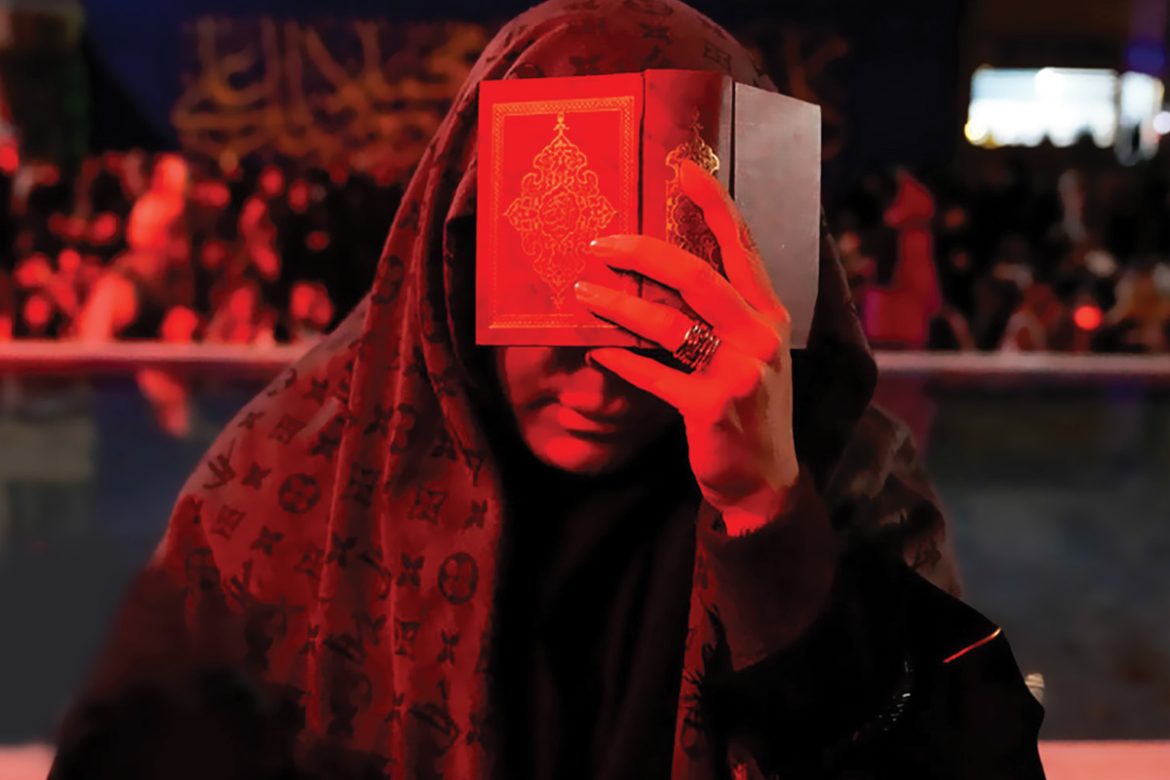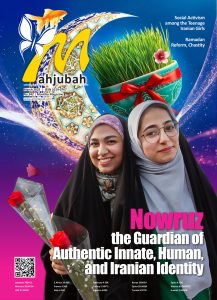Abstract:
Ramadan, as one of the most important months of the Islamic calendar, provides an opportunity to revise personal and social life. This article examines the various spiritual and social dimensions of Ramadan and analyzes its effects on the individual and society.
Introduction:
Ramadan is not only a month of fasting, but it is also a good time for self-purification and closeness to God. This month, with its own characteristics, allows Muslims to distance themselves from their daily routine and revise their behaviors and beliefs.
Ramadan’s spiritual aspects:
Days of Ramadan: Fasting in Ramadan is one of the pillars of Islam. This act not only means refusing to eat and drink but also serves as an opportunity to control the soul and strengthen the will. Fasting can help the person achieve self-knowledge and increase empathy for the needy.
Worship and Prayer: In the month of Ramadan, Muslims are encouraged topray more, especially the special prayers for this month. These acts of worship bring more closeness to God and strengthen the spiritual feelings of people.
Reciting the Quran: The month of Ramadan is known as the month of the Qur’an. Muslims are encouraged to recite and understand the Qur’an during this month. Reciting the Qur’an can bring spiritual peace and guidance.
Nights of Destiny: The Nights of Qadr (Laylat al-Qadr) are among the most important nights of Ramadan in which the Qur’an was revealed. Prayer and worship on these nights hold significant value and reward and are an opportunity for divine forgiveness and mercy.
Asceticism and Repentance: Ramadan is an opportunity for self-improvement and a revision of behaviors and actions. Muslims are encouraged to repent for their sins and return to God. This process can lead to internal peace and mental satisfaction
Sense of Empathy and Solidarity:
With fasting, people become more aware of the needs of the needy, which can strengthen the sense of empathy and solidarity in society. This feeling enhances affection and positive communication among individuals in the community.
Collective Prayer: In the month of Ramadan, mass prayers are held, especially during Iftar and worship ceremonies. These prayers not only strengthen the collective spirit but also bring people closer to God.
Social aspects of Ramadan:
Family Relationships and Social Solidarity: Ramadan is an opportunity to gather families and strengthen family bonds. The collective Iftars and congregational prayers in mosques increase the sense of solidarity in society (Ali, 2021).
Helping the Needy: During this month, Muslims are encouraged to help the needy. This act not only reduces poverty in society but also reinforces a sense of social responsibility (Mohammed, 2020). This month sees Muslims paying more attention to charity and helping those in need. Zakat and charity increase during this time, and people focus on helping others.
Increasing the Spirit of Cooperation and Empathy: Ramadan helps increase the spirit of cooperation and empathy among Muslims. People reinforce their sense of belonging to the community by holding community ceremonies and social activities. Cultural Techniques: Ramadan acts as an opportunity for cultural exchange and acquaintance with the different customs of Muslims in various parts of the world. These cultural interactions can lead to a better understanding and mutual respect between cultures.
Islamic Identity:
The month of Ramadan strengthens Islamic identity in Muslim societies. People reinforce their collective identity by participating in common worship and social activities.
Conclusion:
Ramadan, as a spiritual and social period, provides an opportunity for rebirth in the personal and collective life of Muslims. This month reminds us that through self-improvement and strengthening human relationships, we can achieve a better and more committed society. With the end of Ramadan, these teachings must continue in our daily lives to keep their positive effects stable. The end of this obedience, servitude, and rebirth of the soul is a great holiday called theEid al-Fitr, marking the beginning of a new season and the emergence of a new human being to follow the path of evolution.
Sources:
- Sadeghi, N., et al. (2020). “The Effects of Fasting on Mental Health: A Review.” *Journal of Psychology and Behavioral Science*, 8(2), 45-52.
- Khan, A. (2019). “Spiritual Practices in Ramadan: A Path to Inner Peace.” *International Journal of Islamic Studies*, 12(1), 67-75.
- Ali, M. (2021). “Family Bonds in Ramadan: Strengthening Relationships Through Shared Rituals.” *Journal of Family Studies*, 27(3), 234-245.
- Mohammed, S. (2020). “Social Responsibility and Charity in Ramadan: A Study of Community Engagement.” *Journal of Social Issues and Policy Review*, 14(4), 120-130
By: Seyyedeh Fahimeh Hashemi





